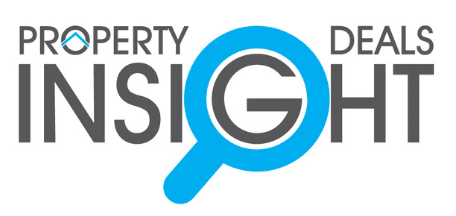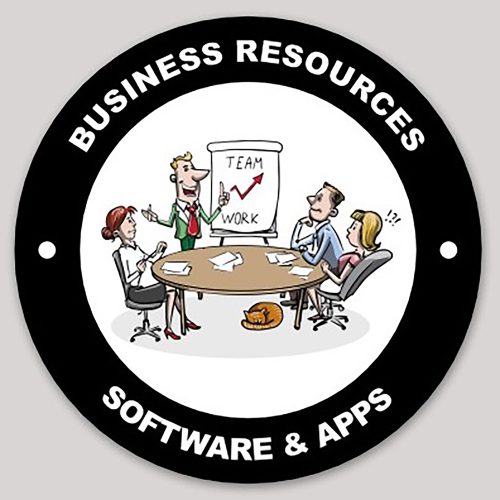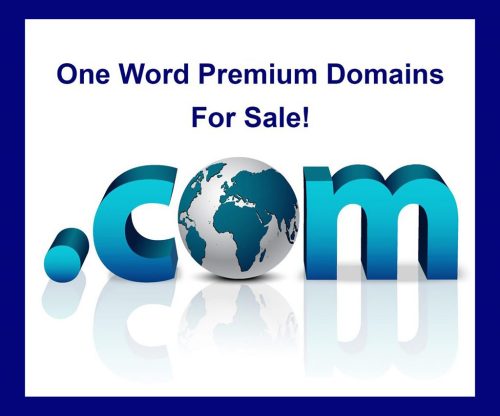
Big Tech Giants Forced to Open Offices on Russian Soil.
Yes, you are reading this right companies, such as Google, Apple, Facebook, Twitter, and Tik Tok to name a few are being forced to open offices on Russian Soil.
A Bill passed by the British Government allows Russia to fine companies if they do not comply with their terms which means that companies that do not delete content banned by the Russian government could have their sites restricted access if they ‘discriminate’ against Russian media.
From what I understand if countries that oppose social media and restrict their residents, cannot expect the rest of the world to not read or view fact-checked content.
Now let me get this right and just for argument sake I build a social media platform and have more than 500,000. users I will be forced to open an office in Russia even though I am a British Citizen and have no intention of ever doing business with Russia.
So this brings me to the next question who owns the internet and what about free speech?
To answer the question of who owns the internet?
No one owns the Internet, and no single person or organization controls the Internet in its entirety. Yet there are organizations that think they have the right to control the internet as a whole. The internet is more of a concept than an actual tangible entity. The Internet relies on a physical infrastructure that connects networks to other networks. Therefore, the internet is owned by everyone that uses it.
What about freedom of free speech?
Under Article 10 of the Human Rights Act 1998, “everyone has the right to freedom of expression” in the UK. But the law states that this freedom “may be subject to formalities, conditions, restrictions or penalties as are prescribed by law and are necessary for a democratic society”.
This includes the right to express your views aloud (for example through public protest and demonstrations) or through:
- published articles, books or leaflets
- television or radio broadcasting
- works of art
- the internet and social media
I can understand regulations and restrictions not to mention licenses that website owners and social media companies have to abide by, governed by the laws in their own countries.
Should a country decide to restrict content in their region similar to the EU and GDPR then I understand about licenses in order for the content to be viewed in targeted countries. The General Data Protection Regulation 2016/679 is a regulation in EU law on data protection and privacy in the European Union and the European Economic Area. It also addresses the transfer of personal data outside the EU and EEA areas.
Surely though any country that forces a company to abide by their regulations in order for their residents to view your content then that should be down to the discretion of the company if they want their content viewed or not, pending the purchase of a license.? For example, if a country said to me buy a license or we will restrict your content, then it would be up to me to decide if I wanted traffic coming from the targeted country or not and I could restrict it on my end if I so wished or pay the license. The country that enforces the license could also restrict the content if a license was not purchased.
How To Block A Country Using a WordPress Plugin:
https://geotargetingwp.com/blog/how-to-block-countries-in-wordpress-by-ip-address
You can turn a WordPress Site into a Community Social Media Platform Using BuddyPress Plugin.
WordPress is the easiest to use the platform to build your own social network using the free BuddyPress plugin. It is super flexible and integrates beautifully with any kind of WordPress website. You’ll need a self-hosted WordPress.org website to start using BuddyPress.
Physical Office on Foreign Soil.
However, to be forced to physically open an office in a foreign country is beyond ridiculous. However, with the rules of GDPR that came into force on 25th, May 2018 most website owners added cookie banners and privacy policies whilst others blocked people in the EU from visiting their sites. Here is an example of one site that restricts EU users: https://www.wfla.com/
So how is it that Russia has any say in what BIG Tech Giants can and can’t do unless they are sponsoring and investing in them in some way? The move is to stop any company from promoting propaganda about Russia and that is fair enough in itself.
The 13 foreign and mostly US technology companies must now be officially be represented on Russian soil by the end of 2021 or could face possible restrictions or outright bans. If anything the website owner could restrict a country from gaining access and that is what I would do if I were in the Big Tech Company’s shoes?
Roskomnadzor, Russia’s communication regulator enforced demands that even companies that already have Russian offices will need to register online accounts with the regulator to receive user and regulator complaints, according to Reuters. All of the social media companies named, including the messaging app Telegram, have reportedly been fined this year for failing to delete content that Russia considered illegal.
I agree that all social media giants should stop the propaganda and fake news. However, if the news is fact-checked there is no reason for it not to be published. It stands to reason the social media giants should also remove content that is prohibited, such as drugs, pornography, suicide, and terrorism, or any criminal activities, you do not need the likes of Russia to tell you that and it is the responsibility of the website owner to do their due diligence and be responsible to protect its users from ever accessing anything that is deemed illegal. With High-Tech AI Algorithms, it is easy for robots to scan millions of articles daily and flag them for deletion.
This comes as Russian authorities tried to crack down on social media companies in the wake of protests following the arrest of Russian opposition leader Aleksei Navalny. Furthermore, a court in Moscow filed a lawsuit against Telegram, Facebook, Twitter, TikTok, and Google accusing the social media platforms of failing to remove content calling for teenagers to attend unauthorized protests.
Roskomnadzor also announced that it was restricting its citizens’ access to Twitter, accusing the American company of failing to remove thousands of posts relating to drugs, homophobia, pornography & enticement to unauthorized illegal protests.
Apple, which monopolizes the mobile applications market in Russia has been targeted for alleged abuse of its dominant position. Roskomnadzor said company’s that violate the legislation could face advertising, data collection, and money transfer restrictions, or outright bans.
If I were Apple I would not sell my product to Russia. I have clients that only ship to the UK, it is their prerogative at the end of the day although I am sure Welsh produce would be welcomed to the rest of the world.
Apple and Google in September removed an app meant to coordinate protest voting in the Russian elections. The Russian government has previously said that Moscow had no desire to block anyone or anything, but stressed that companies needed to follow Russian law.
Data that is used by Russian residents should be stored on Russian Servers according to Russia who has imposed repeated fines for banned content. Russia is promoting its domestic tech sector over Silicon Valley alternatives, proposing taxes on foreign-owned digital services, tax cuts for domestic IT firms, and requiring smartphones, computers, and other devices bought in Russia to offer users Russian software by default.
If you found this content interesting please take a moment to subscribe and never miss any news published on our site.
SUBSCRIBE
You agree to receive email communication from us by submitting this form and understand that your contact information will be stored with us.
#socialmedia #facebook #twitter #telegram #tiktok #google #apple

Cymru Marketing Journal (CMJUK) Offers Digital Marketing, Content Writing, Website Creation, SEO, and Domain Brokering.
An open platform that invites contributors and domain sellers serves as a dynamic marketplace where a diverse range of talents and offerings can converge. This platform acts as a collaborative space where individuals or businesses can share their expertise, creativity, and products with a broader audience.











Leave a Reply
You must be logged in to post a comment.